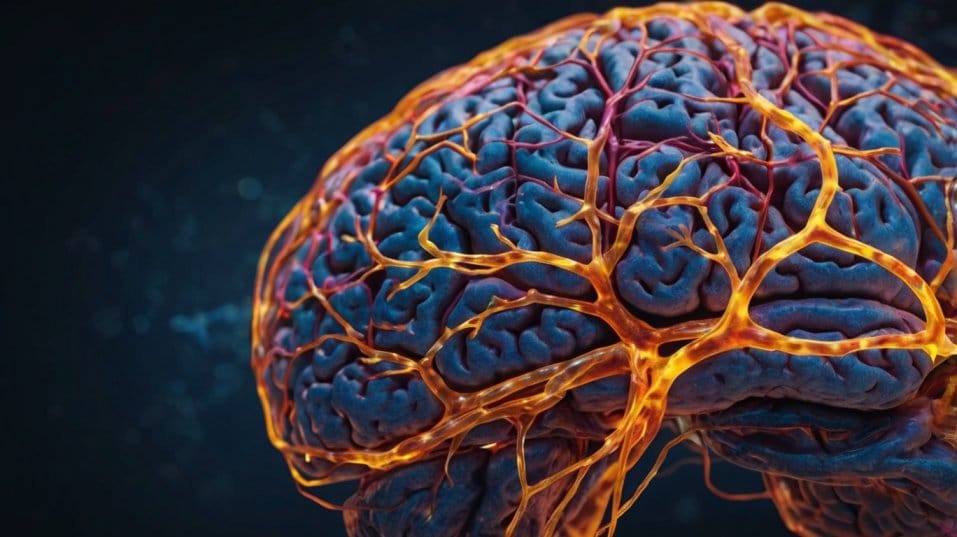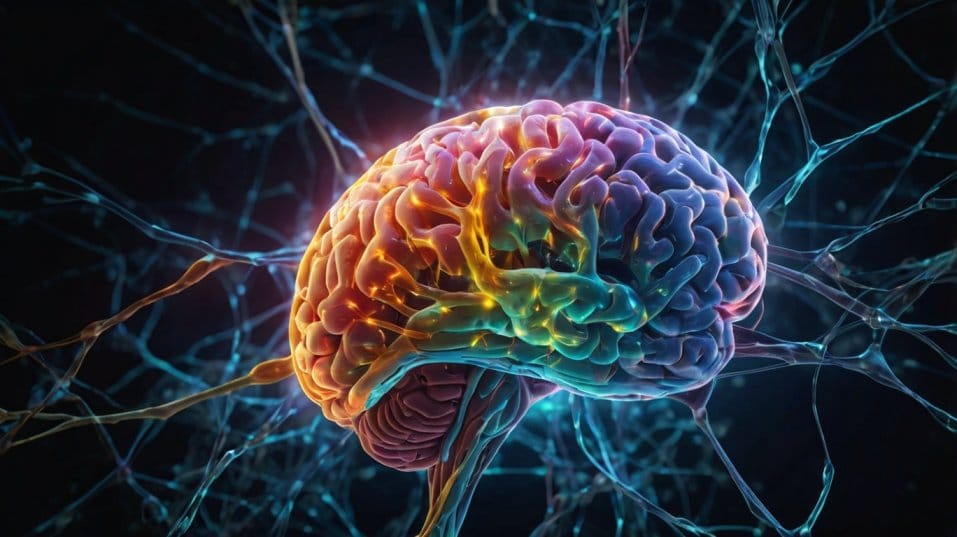How Mindfulness Accelerates Neuroplasticity for Smarter Thinking
Mindfulness accelerates neuroplasticity, sharpening thinking, boosting focus, and rewiring the brain for better decisions. Train your brain.

What if you could sharpen your thinking and make better decisions just by shifting your focus? Your brain isn’t fixed—it constantly rewires itself through neuroplasticity.
Mindfulness accelerates this process, strengthening neural pathways that enhance memory, problem-solving, and adaptability.
In high-pressure work environments, this means clearer insights and better control over stress. The best part? These cognitive upgrades begin the moment you start practicing mindfulness.
The Science Behind Mindfulness and Neuroplasticity
Your brain constantly reshapes itself based on experience. Like a muscle, it strengthens with use and weakens with neglect. Each thought and action reinforces or rewires neural pathways.
Mindfulness interrupts habitual, unconscious patterns and fosters intentional awareness, making neuroplasticity work in your favor.
Research confirms that mindfulness strengthens the prefrontal cortex (decision-making), enhances hippocampal connections (memory), and reduces amygdala overactivity (stress response).
This rewiring results in a brain that thinks more clearly, adapts faster, and manages stress more effectively—critical advantages in today’s fast-paced work environment.
MRI studies reveal that consistent mindfulness practice increases gray matter density in key brain regions.
The anterior cingulate cortex, responsible for attention control, becomes more active, allowing you to focus with greater precision.
The corpus callosum, which connects the brain’s two hemispheres, strengthens, improving integration between logical reasoning and creative insight.
This means mindfulness doesn’t just sharpen one skill—it enhances the entire cognitive ecosystem, allowing for deeper thinking, faster learning, and improved problem-solving.

Breaking Out of Mental Autopilot
Left unchecked, the brain defaults to familiar thought loops—habitual reactions, biases, and cognitive shortcuts.
While these save energy, they limit adaptability. Mindfulness disrupts these automatic responses, forcing the brain to engage with the present rather than replay outdated mental scripts.
Over time, this reshapes neural pathways for greater cognitive flexibility, making it easier to approach challenges with fresh perspectives.
Studies show that chronic stress reinforces rigid neural pathways, making it harder to break free from habitual, reactive thinking.
Mindfulness intervenes by activating the parasympathetic nervous system, reducing cortisol levels, and promoting neurochemical balance.
This shift enables the brain to become more adaptable and resilient, improving not only cognitive flexibility but also emotional intelligence and decision-making under pressure.
Strengthening Learning and Retention
Mindfulness doesn’t just prevent mental stagnation—it enhances learning.
By promoting neurogenesis (growth of new brain cells) and synaptic plasticity (strengthening of neural connections), it primes your brain for better absorption of new information.
Studies show increased gray matter density in regions associated with learning, problem-solving, and memory retention. The result? A mind that’s quicker to grasp new concepts, adapt to change, and think strategically.
Enhanced working memory is another benefit. Mindfulness improves the brain’s ability to hold and manipulate information in real time, making it easier to synthesize complex data, retain critical details, and make sound decisions.
This is particularly valuable for professionals in fast-moving industries where mental agility is essential.
The Role of Mindfulness in Emotional Regulation
Beyond cognition, mindfulness plays a crucial role in emotional resilience. Research shows that mindfulness weakens the neural connections between the amygdala (the brain’s fear center) and the prefrontal cortex.
This means emotional reactions become less automatic, giving you greater control over stress responses and decision-making.
For professionals, this translates into better leadership, clearer communication, and the ability to navigate high-pressure situations without being derailed by anxiety or frustration.
The more mindfulness is practiced, the more the brain shifts from a reactive mode to a responsive one, fostering a balanced emotional state that supports logical thinking and creativity.
Integrating Mindfulness for a Sharper Mind
Mindfulness isn’t limited to meditation—it’s about training your brain to stay engaged in any moment. Here’s how to weave it into your workday seamlessly:
- Deep-Focus Pauses: Take 60-second breaks between tasks to reset and refocus. This prevents mental fatigue and keeps cognitive performance high.
- Mindful Listening: In meetings, silence internal chatter and fully absorb what’s being said. This strengthens attention and improves recall.
- Cognitive Shifts: When stress spikes, step back and observe your thoughts without judgment. Ask, “Is this perspective serving me?” This rewires your brain to handle challenges with clarity instead of reactivity.
- Single-Task Mastery: Multitasking fragments attention and weakens neural efficiency. Strengthen focus by giving one task full attention before moving on.
- Gratitude Training: A few minutes of daily gratitude reinforces positive neural pathways, reducing negativity bias and enhancing mental resilience.
- Visualization Practice: Before tackling a complex problem, take a moment to visualize a successful outcome. Research shows that mental rehearsal strengthens neural connections related to performance, making it easier to execute tasks with confidence.
- Breath Awareness for Instant Clarity: When faced with high-pressure moments, a few deep, intentional breaths activate the vagus nerve, calming the nervous system and restoring mental clarity.
Final Thoughts: Start Now, Evolve Faster
Your brain is dynamic, constantly reshaping itself in response to how you think and focus.
Mindfulness gives you the power to direct this process, strengthening neural pathways for sharper thinking, faster learning, and greater emotional balance.
The key is consistency—small, daily mindfulness habits compound into significant cognitive gains.
Start now. Train your brain to break free from autopilot, embrace new ways of thinking, and elevate your cognitive and emotional intelligence.
The sooner you begin, the faster you’ll see results—whether in clearer decision-making, improved mental agility, or an overall sense of calm and control in your professional life.




